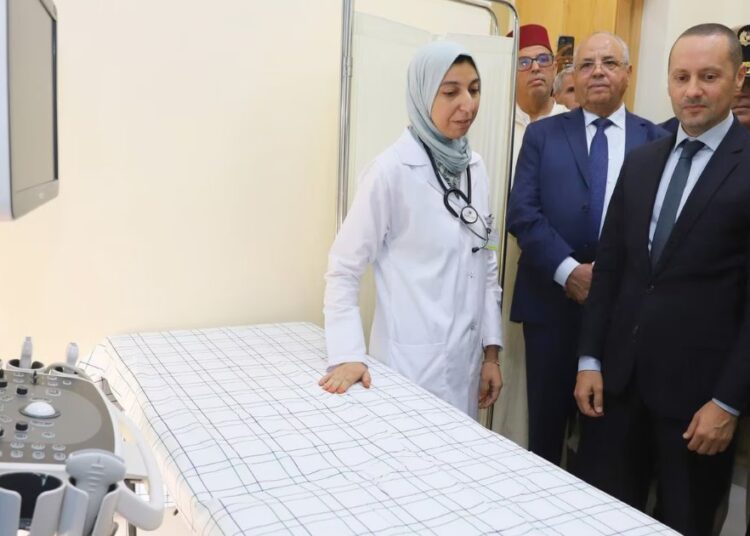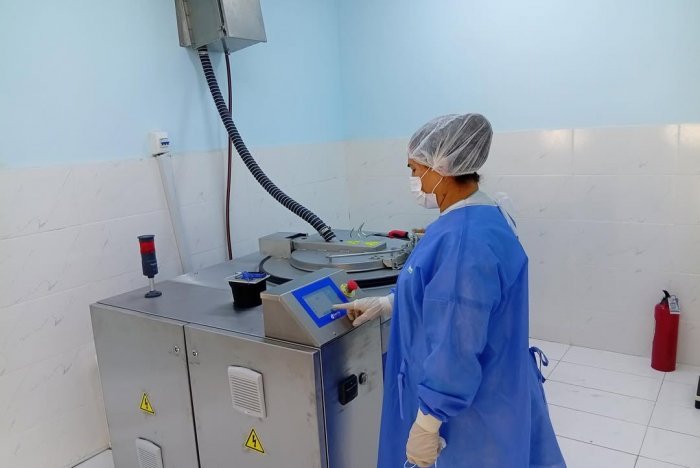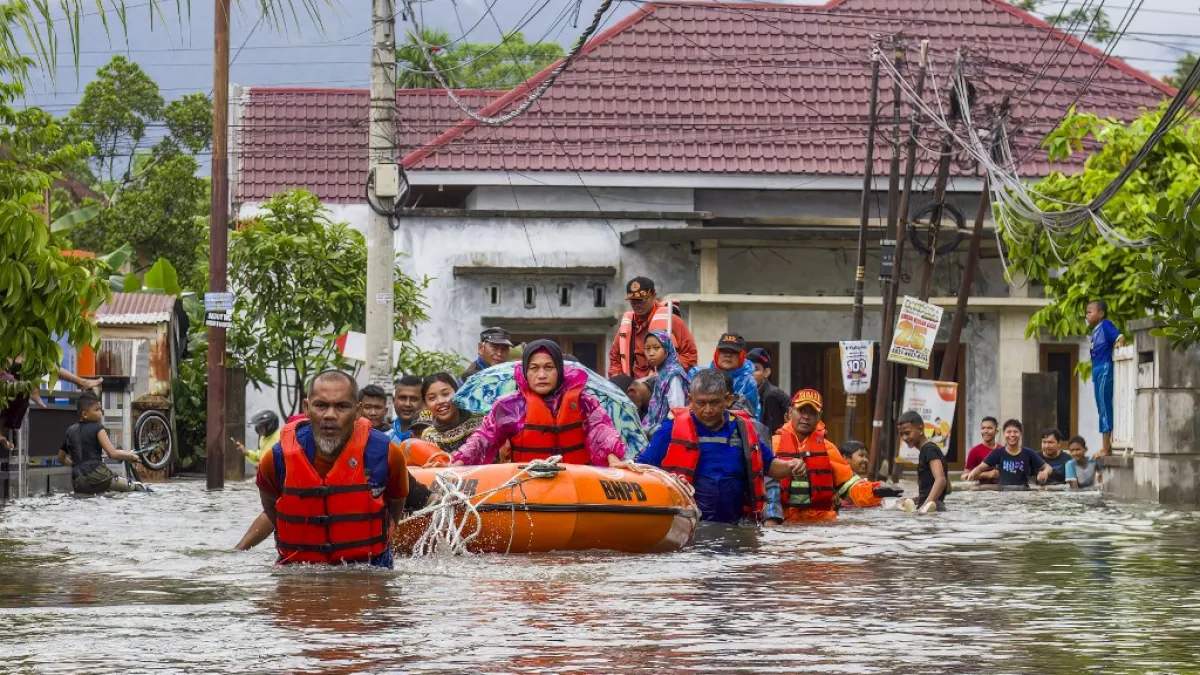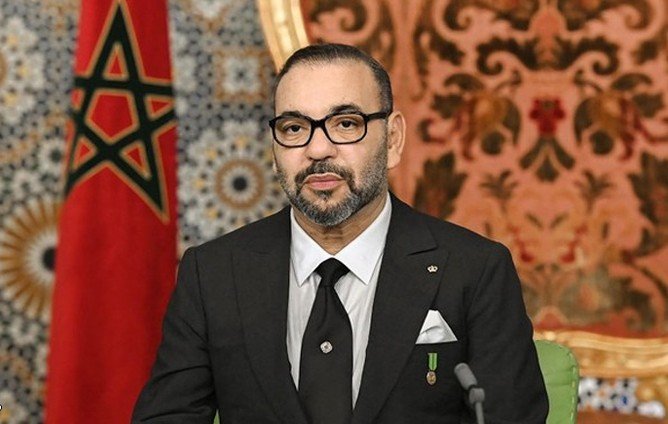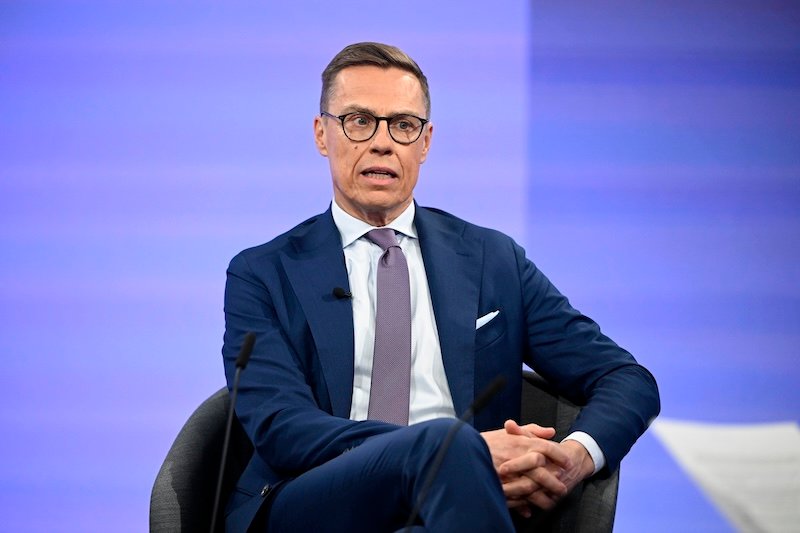Rabat, October 25, 2025 — The Europe Today: Morocco’s Ministry of Health announced on Saturday the inauguration of 49 new urban and rural health centers across nine regions, in line with the high directives of King Mohammed VI to complete the reform of the national health system.
According to the ministry, the new facilities form part of the government’s ongoing program to rehabilitate and modernize primary healthcare infrastructure. The initiative encompasses the reconstruction, modernization, and equipping of 1,400 health centers nationwide, aimed at strengthening the accessibility and quality of basic healthcare services.
The ministry deployed approximately 230 healthcare professionals — including doctors, nurses, and technicians — to ensure the immediate operation of these centers and to provide essential services to local communities.
Regional Distribution
In the Souss Massa region, six new centers have been established across Taroudant (5), Tiznit (1), and Agadir-Ida-Outanane (1). The Rabat-Salé-Kénitra region now has two additional centers in the capital city.
Two new facilities were inaugurated in the Draa-Tafilalt region, specifically in Tinguir, while the Laayoune-Sakia El Hamra region welcomed a new dispensary in Laayoune.
Eleven new urban and rural centers were opened across the Marrakech-Safi region — in Marrakech, Essaouira, and Al Haouz. In Beni Mellal-Khénifra, the ministry inaugurated three centers in Khénifra, one in Beni Mellal, and another in Khouribga.
In Casablanca-Settat, eight new facilities have been launched — six in Nouaceur, one in Mohammedia, and one in Settat. Meanwhile, the Oriental region saw the opening of ten centers, including eight in Nador, one in Driouch, and one in Figuig-Bouarfa.
The Tanger-Tetouan-Al Hoceima region also expanded its healthcare capacity with four centers — three in Al Hoceima and one in Tangier-Assilah.
Reform Momentum Amid Social Calls for Change
The announcement comes amid continued nationwide demonstrations led by Moroccan youth, calling for urgent reforms in healthcare and education. The protests began in Agadir following the deaths of at least eight pregnant women due to complications during cesarean surgeries, highlighting gaps in the country’s healthcare system.
Rising unemployment, which has reached 13.3 percent, and broader socio-economic challenges have further intensified public calls for government accountability and structural reforms.
In his address at the opening of the parliament earlier this month, King Mohammed VI reaffirmed his commitment to ensuring transparency, accountability, and improved public service delivery. The Monarch urged the government to strengthen vigilance in protecting citizens’ rights and to take concrete measures to reduce regional disparities.
Last week, the King presided over a ministerial council that reviewed a draft law allocating MAD 140 billion (approximately $15 billion) for the health and education sectors in 2026. The plan also provides for the creation of 27,000 new positions in these sectors.
The upcoming healthcare investments aim to support key national projects, including the establishment of new University Hospital Centers in Agadir and Laayoune, the completion of the Ibn Sina Hospital in Rabat, and ongoing hospital construction in Beni Mellal, Guelmim, and Errachidia.
The launch of the new health centers marks another significant step in Morocco’s efforts to ensure equitable access to healthcare services, modernize medical infrastructure, and respond to citizens’ growing expectations for a more resilient and inclusive health system.
